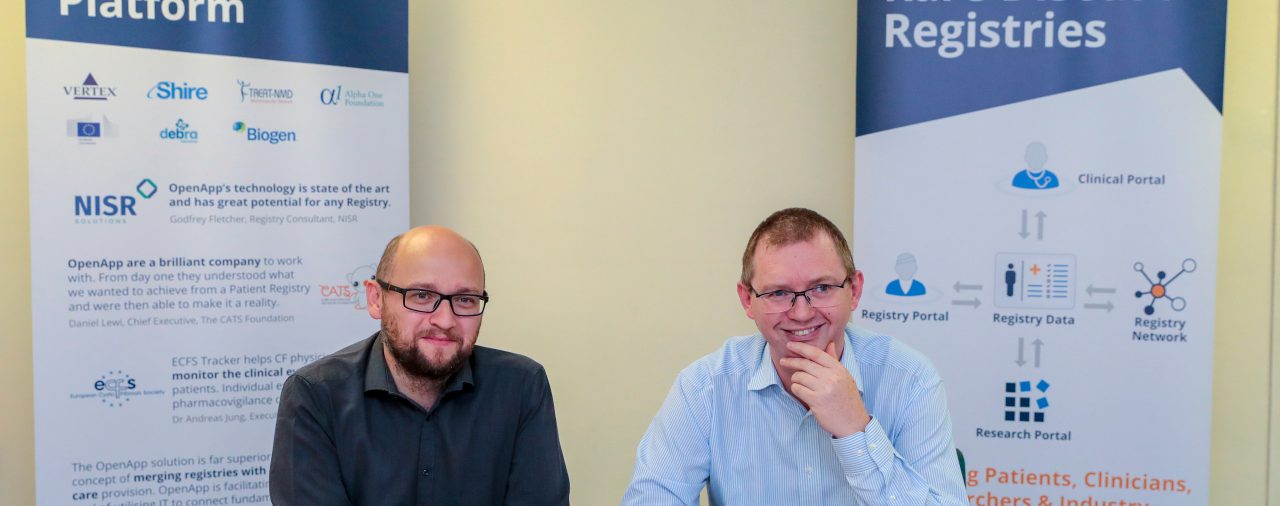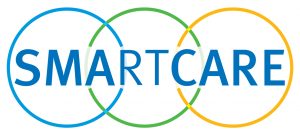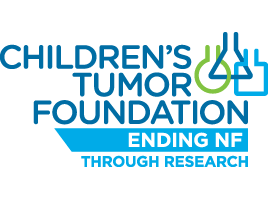OpenApp Develops Ground Breaking Platform Which Delivers Better Care to Rare Disease Patients

European clinicians treating over 30 million people who suffer from rare and complex diseases are reaping the benefits of pan-European cooperation. A new system developed by Irish health informatics company OpenApp for the European Commission now allows secure online consultations with leading specialists across Europe.
Commissioned as a key project by the European Commission's, Health and Food Safety Directorate-General, the Clinical Patient Management System is a secure system designed specifically to help in the diagnosis and treatment of patients with rare and complex diseases. It is the information technology tool upon which 24 European Reference Networks (ERNs) rely to work remotely across Europe helping patients affected by rare and complex diseases.
The nature of rare and complex diseases is such that local specialist knowledge is scarce and fragmented, and may be unavailable in the patient’s region or country.
The Clinical Patient Management System allows clinicians to create virtual panels and invite experts from over 900 centres of excellence around Europe. Using the secure platform, clinicians can share clinical details, medical images and other patient documents for treatment and diagnosis.
"Incorporated into the platform are also many of the advanced tools experts would expect to be available in their day-to-day work.” explained Con Hennessy, Managing Director, OpenApp. “The participating experts give their feedback and discuss the patients' diagnosis through online meetings and instant messaging all using the secure platform remotely.”
1 in 17 people live with a rare disease. There is no cure for the majority, and many go undiagnosed. Finding appropriate treatment is difficult. For some diseases, there is a just a smattering of people. Geographic dispersion as well as the low numbers makes treatment difficult, if not impossible.
This is where the Clinical Patient Management System, or CPMS, truly helps.
Using the CPMS, data is shared across borders in the European Union. In this way, medical knowledge travels and not the patient. Before the European Reference Networks & this new Clinical Patient Management System, patients usually only had access to national experts or would have to travel, taking exhausting trips, frequently at their own expense. This advancement is of immense benefit to the patients and their families.
The European Reference Networks are networks of hospitals which are centres of expertise. There are 24 in total and are divided into thematic areas of expertise – lung, skin, child cancer, eye, bone disorders, immuno-deficiencies, inherited and congenital disorders and many more. There are over 900 highly specialised healthcare centres from over 300 hospitals across 26 countries. These networks are expected to grow in the coming years to bring in even more expertise from across Europe.
The European Reference Networks were launched in March 2017.
“While this is a game-changer for diagnosis and treatment, it is a new departure for care. Many clinicians across Europe would not use telemedicine or digital technology between hospitals and definitely never before between countries. The clinicians are embracing the technology enthusiastically." Hennessy said.
This project is another in a long line of healthcare information technology solutions facilitating the secure and confidential exchange of patient information across borders. Diseases, including cystic fibrosis, tay sachs, Alpha 1, SMA, haemophilia, Irish National Orthopaedic Register (INOR), Interstitial Lung Disease and several in dermatology, have benefit from OpenApp developed registries.
They are also the developers of the Health Atlas, together with HSE Health Intelligence Unit, a health intelligence analysis platform which supports the quest for better health by exploiting the quality assurance/improvement and research potential of available data.
From Ultra Rare Disease to Multinational Pharmaceuticals
OpenApp's patient registry platform, Clinical Insight, has been deployed in patient organisations from ultra rare diseases with populations of less than 100 to global pharmaceuticals companies providing rare disease drugs.
“Our Clinical Insight platform allows for improved connection and collaboration. In a secure fully GDPR-compliant environment, the platform data is protected so patients can securely connect with clinicians and vice versa.” explained Sara Viegas, OpenApp Product Line Manager for Clinical Insight
“Policy makers, pharmaceuticals, even universities can use the platform to help understand more about diseases, develop treatments and improve diagnosis. Using and understanding patient data is vital to improve the health of all patients with rare disease. Patient data is no longer in a silo and the powerful benefits of this information can be realised.”
Hennessy concluded, “It’s not every job that you go into where you know you make a difference. It’s humbling how our systems are making a difference in rare disease and healthcare research. Our software helps policy makers make informed decisions, helps pharmaceuticals hone life-saving drugs, helps clinicians create treatment plans and finally gives hope to patients that their data is helping advance research for their ultra rare, rare and chronic disease.”
About OpenApp
Based in Dublin, Ireland, OpenApp is a software development and support business focused on the healthcare sector. In business since 2002, OpenApp have strategically positioned themselves into the eHealth, Patient Registry and Patient Health Record area since about 2012. Deployments include the European Cystic Fibrosis Society Patient Registry, the Irish Skin Foundation, the National Office for Clinical Audit National Orthopaedic Register, an International Haemophilia Study and more.
OpenApp also developed and supports Health Atlas Ireland for the Irish Health Service Executive, a collection of Quality Assurance, Health Intelligence and Service evaluation applications for hospital and public health use.
About European Reference Networks
Health systems in the European Union aim to provide high-quality, cost-effective care. This is particularly difficult however, in cases of rare or low-prevalence complex diseases which affect the daily lives of around 30million EU citizens.
European Reference Networks (ERNs) are virtual networks involving healthcare providers across Europe. They aim to facilitate exchange among clinicians on complex or rare diseases and conditions that require highly specialised treatment, and concentrated knowledge and resources. Launched in 2017 with the support of the European Commission, they cover 24 thematic areas.
Rare diseases are those that affect no more than 5 in 10 000 people. Taken together, between 6 000 and 8 000 rare diseases affect the daily lives of around 30 million people in the EU - many of whom are children. Rare and complex diseases can cause chronic health problems and many of them are life-threatening. For example, there are almost 200 different types of rare cancers alone and each year more than half a million people in Europe are diagnosed with one.
https://ec.europa.eu/health/ern_en
Latest News
Real-World Data Collection Enables Evaluating the Safety and Effectiveness of Treatments for Spinal Muscular Atrophy
This exciting initiative combines collecting real-world patient data by neurologists, clinicians and patients to enable clinical research and engagement of spinal muscular atrophy patients receiving treatment.
SMArtCARE is a multi-year joint initiative of neurologists, paediatricians, and patients with spinal muscular atrophy (SMA). Spinal muscular atrophy refers to a group of rare genetic diseases resulting in muscle wastage and weakness. Symptom onset can be seen in both children and adults but the most severe form typically presents in children under 18 months old. Until recent treatments survival past childhood was unusual.
Read MoreChildrens Tumor Foundation Innovative Patient Reported Patient Registry Platform
The NF registry is a one of a kind project, where the OpenApp team worked in collaboration with CTF to develop and support a platform that meets their requirements, as a secure and effective tool to empower NF patients and their caregivers. A dedicated registry is the most efficient way to raise awareness/advocate for NF, expand the NF community, and connect to help end NF.
Read MoreWhy You Need A Software Maintenance Management Plan
Combining the development efforts and the ongoing maintenance of your software is key to ensuring that you have a robust and constantly improving and evolving solution.
Having a software maintenance plan is just as important as the initial development. Professionally managed maintenance allows for the continual improvement and adaptation to changing business needs and technological advancements.
Read MoreIQVIA (NYSE:IQV) is a leading global provider of advanced analytics, technology solutions and contract research services to the life sciences industry dedicated to delivering actionable insights. Learn more at www.iqvia.com.

Copyright © 2024 | Privacy Policy | Information Security Policy
OpenApplications Consulting Ltd. Registered in Ireland No. 355595





